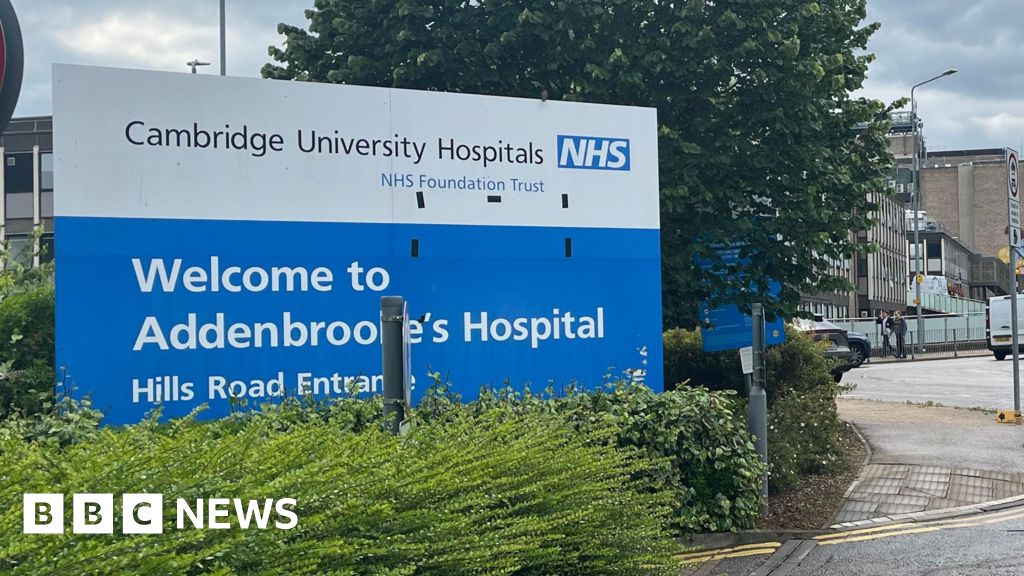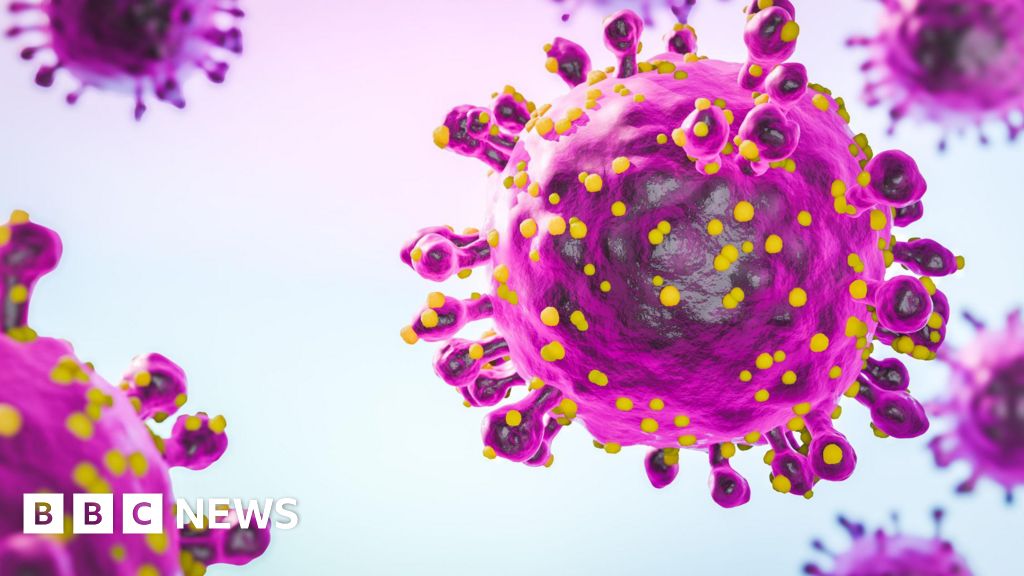ARTICLE AD BOX
By Rachel Schraer
Health reporter
More people are being offered free rapid coronavirus tests.
The government says regular testing is essential to stop the spread of Covid now that restrictions have eased across most of the UK.
Why is testing being increased?
It's hoped the rapid tests - known as lateral flow tests - can help stop individual cases from becoming outbreaks, now that social distancing limits have been lifted in England, Scotland and Wales.
Estimates vary, but it's thought as many as one in two people who have coronavirus might not have any symptoms, despite being infectious.
Some businesses and venues are also asking customers to test before using their services.
How do I get a lateral flow test?
Anyone without symptoms in England can get free tests from testing sites, pharmacies or through the post.
If you test at home, you are asked to report your results online or by calling 119.
Patients in England can now see all registered test results in the NHS Covid app as well as details of their vaccination status.
Regular lateral flow testing is also widely used in England for frontline NHS, care home and school staff and in some other workplaces, plus for some secondary school pupils.
Anyone in Scotland can order lateral flow test kits online or collect them from local testing centres.
In addition, people visiting the Scottish islands from the mainland are advised to take two lateral flow tests - the first three days before travel, and the second on the day of departure.
Scotland has also expanded its workplace testing programme. The scheme was originally targeted at key parts of the public and private sector where there was a high risk of transmission. Now any businesses with 10 or more employees can sign up.
Many people without symptoms can now get lateral flow tests in Wales, including volunteers, those who cannot work from home and people due to travel. Tests can be ordered online or collected from most pharmacies.
All businesses in Northern Ireland can get rapid tests for all their staff. People travelling to Northern Ireland from the rest of the UK are advised to test before departure and after arrival, but this is not law.
How do lateral flow tests work?
They involve swabbing your nose and/or throat, then dipping the swab in a fluid.
This is then dropped onto a plastic device - a bit like a pregnancy test.
A line appears on a paper strip to show the test has worked. A second line appears if you have the virus.
What if I test positive and need a PCR test?
If you get a positive result from a lateral flow test anywhere in the country, you and your household have a legal obligation to self-isolate immediately.
You should get a PCR (polymerase chain reaction) test as soon as possible to confirm the result.
This can be booked online, or by phone - 119 in England, Wales or Northern Ireland, or 0300 303 2713 in Scotland.
PCR test swabs are sent to a lab for analysis, with the result in 24-48 hours.
What if I have Covid symptoms?
Anyone across the UK who has Covid symptoms - a new continuous cough, high temperature, or change in sense of taste or smell also has a legal obligation to self-isolate immediately.
You must do a PCR test as soon as possible. You can order a test kit to be sent to your home or book an appointment at a walk-in or drive-through test site.
You must not leave home until you get your test results, except to post a test kit or for a PCR test appointment.
image sourceGetty Images
image captionLateral flow test kit of partsHow reliable are lateral flow tests?
Lateral flow tests are less sensitive than PCR tests, and can miss more cases, especially in people with mild infections.
However the government says that for every 1,000 lateral flow tests carried out, there was less than one false positive result.
False positives are equally rare for PCR tests.
But they can still cause problems. If lots of people get tested when there is very little virus in circulation, you might get more false positives than true positives, which can distort infection rates.
What about surge testing programmes?
Extra Covid tests have been offered in specific areas where new variants of coronavirus have been found, or where cases are rising rapidly.
People without symptoms who live or work in the relevant local authority area, postcode or even street are asked to take a PCR test. The idea is to identify new forms of Covid at the very earliest stage, and stop them spreading.
Currently, no area of England is running surge testing operations.
But if that changes and you need to be tested, you will be contacted by your local council.

 3 years ago
164
3 years ago
164








 English (US) ·
English (US) ·